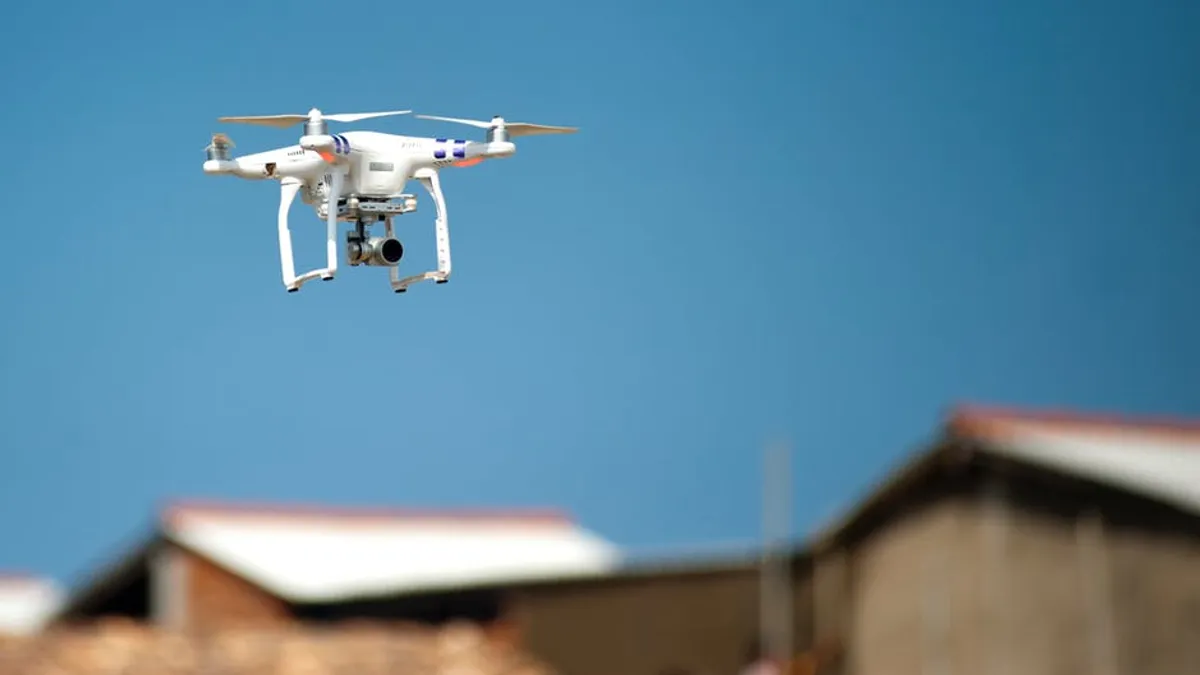Dive Brief:
- As the only city in the nation with federal recognition for both drone and autonomous vehicle (AV) testing, Chula Vista, CA is opening up city-owned facilities to researchers in both fields. The city is soliciting private sector proposals on projects and partnerships using the facilities.
- Available locations include an undeveloped 375-acre university site that has already been used by drone startups, and 17,000 square feet of industrial space for AV maintenance. The city is also offering access to the Traffic Management Center that communicates with 250 traffic signals, many of which are being upgraded to integrate with AVs.
- In a statement, Chula Vista economic development director Eric Crockett said the city offers “a highly educated workforce and a city staff that is experienced in working with industry to bring innovative projects to life.”
Dive Insight:
Crockett describes the city’s research ecosystem as a “collaboratory,” focusing on public-private partnerships and innovative ventures. The city, located outside of San Diego, is deliberately keeping its call for proposals open-ended, so private companies can be creative and take advantage of the opportunity to work with both drones and AVs.
The Federal Aviation Administration’s approval of Chula Vista and the greater San Diego area as one of 10 national testing sites for unmanned aerial systems (UAS) last summer was seen as a major economic booster. The pilot project was meant to focus on package and medical deliveries, public safety, border security and smart city interoperability. That opened up work on the university site and, according to a local ABC News report, brought interest from companies like General Motors (GM) and Siemens as well as the U.S. Navy.
Likewise, approval from the U.S. Department of Transportation in 2017 opened up parts of local streets, state roads and Interstate 15 to AV testing.
The opportunity for smart cities research won’t just give Chula Vista an economic boost by attracting business partners, but could give it a leg up in taking advantage of smart cities technology. The city has a 24-year plan to redevelop its waterfront around smart city technology, including energy reduction, smart devices and improvements on civic infrastructure (Chula Vista has also worked on a smart streetlight pilot program). Its proximity to San Diego has also helped it take advantage of regional programs. Now the call for research proposals will help Chula Vista be more active in the San Diego region’s plan to create mobility hubs that can connect multiple mobility modes for easier and more efficient movement.











